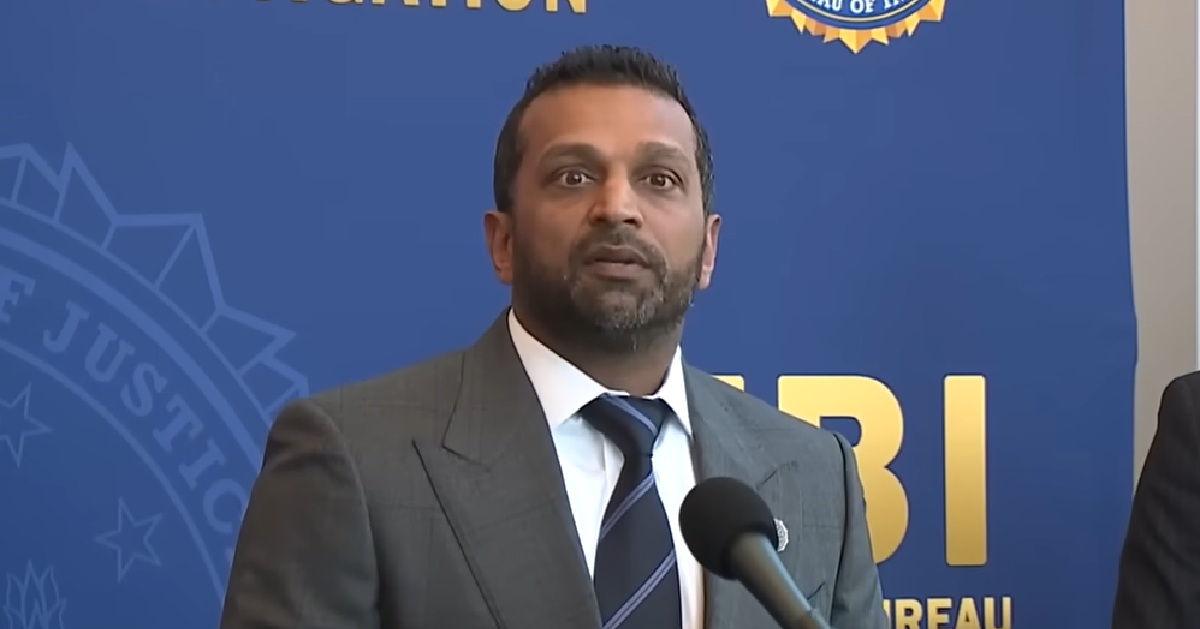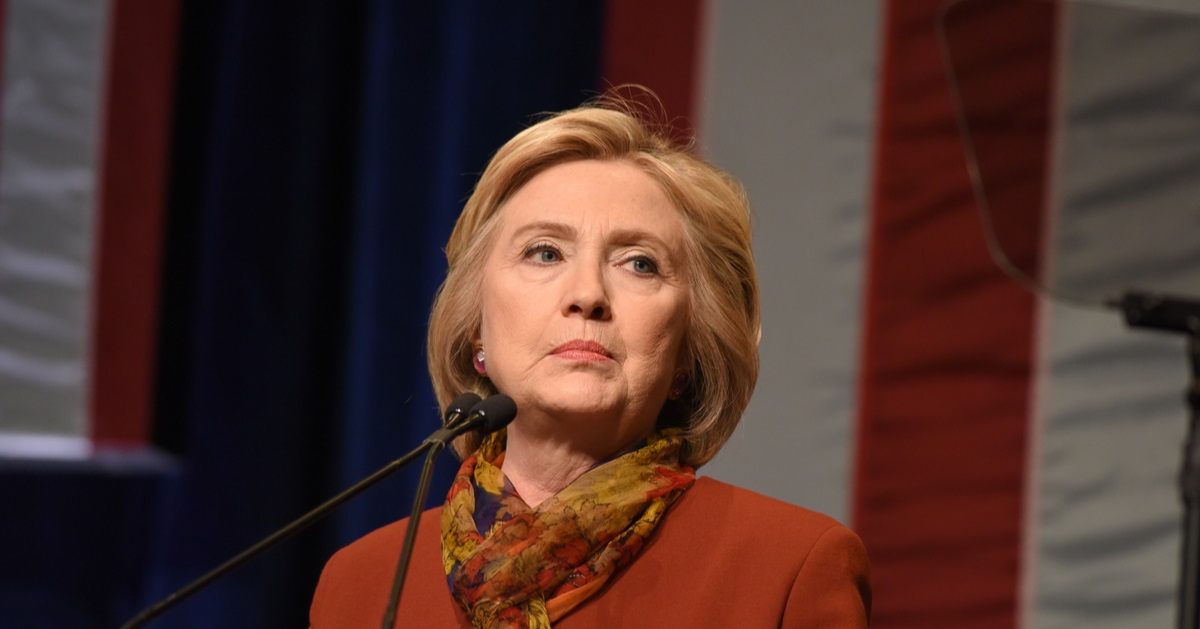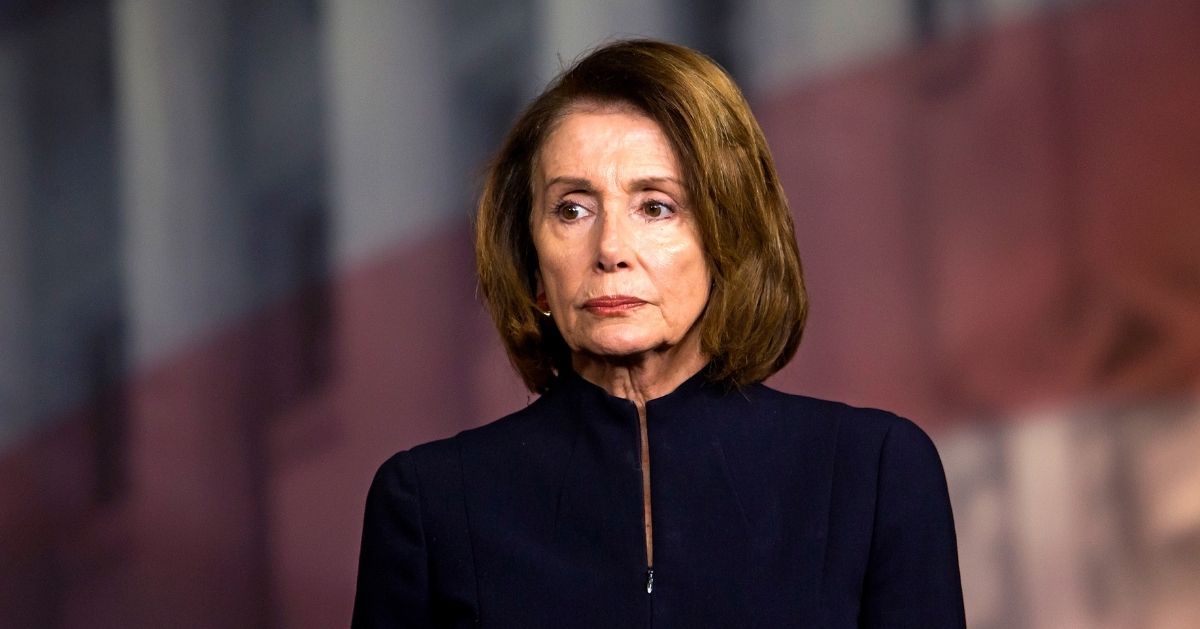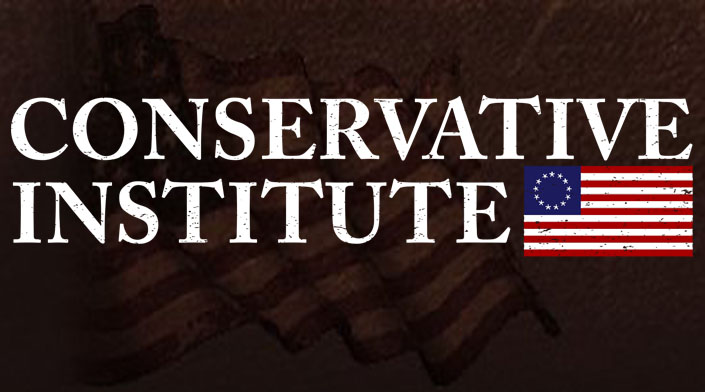Trump demands a federal probe into DC crime data manipulations
Allegations of falsified crime statistics in Washington, D.C., have sparked a high-profile controversy involving the Metropolitan Police Department and the Trump administration.
The Metropolitan Police Department settled a lawsuit filed by a whistleblower claiming that the department manipulated crime data to bolster its public image, which has now drawn federal attention under President Trump's directive to investigate the accuracy of crime reports in the nation's capital.
The Metropolitan Police Department (MPD) of Washington, D.C., recently faced claims of manipulated crime statistics following the settlement of a lawsuit filed by Sergeant Charlotte Djossou. This settlement came to a head before President Donald Trump announced a federal oversight into the department. The suit centered on accusations of data deception—specifically, that crime numbers were altered to paint a rosier picture of safety within the city.
President Trump Questions D.C.'s Crime Statistics
The allegations have prompted President Trump to publicly challenge the authenticity of the city’s crime statistics. He accused the city of issuing "fake crime numbers," suggesting that they aimed to concoct an "illusion of safety." As a result, the President declared a federal investigation into these claims, citing the matter as “very bad and dangerous.”
Under Trump's directive, this oversight signifies a significant move in addressing concerns over potentially misleading information being disseminated by the city's police force to local residents and the broader public. The Justice Department, however, remained tight-lipped on whether it was officially probing the allegations, leaving the public to speculate on the possible outcomes of the federal investigation.
Sergeant Djossou, a dedicated officer with two decades of experience, became a central figure in this unfolding story in 2020 when she brought forth her allegations. She reported that the MPD was downgrading felonies to misdemeanors, a practice she claimed was linked to promotion opportunities within the department.
Whistleblower Accusations Target MPD Practices
Djossou alleged such practices amounted to an orchestrated effort aimed at "showing the largest reduction in crime statistics.” These allegations of deceit, claimed by Djossou, pointed to long-standing issues of statistical manipulation within the department’s operations.
Within her lawsuit, Djossou recounted instances of ill-conceived directives from senior leadership encouraging the alteration of crime statistics. This manipulation allegedly occurred to show 'fewer' felonies, hence improving figures purportedly for public consumption and internal evaluations.
The MPD's official reports suggested a 30% decline in violent crime since 2023, statistics that were hotly disputed by Djossou's claims. These purported reductions in crime played a compelling role in public perceptions of D.C.'s safety and were instrumental in shaping policies.
Public and Political Reactions Emerge
In light of these developments, the lawsuit settlement arrived as speculation and concern permeated the community. Public opinion varied, with some citizens worried about the validity of the city’s crime data while others cautiously considered President Trump's federal intervention.
Sergeant Djossou elaborated on her motivations, emphasizing her belief in bringing truth to light and the importance of reliable data in shaping public narratives and policy. She maintained that the skewed statistics underscored a need for transparency and accountability in law enforcement.
The unfolding investigation and its implications have sparked debate over the integrity and resourcing of local police departments. While some view the federal oversight as a necessary corrective measure, others worry about its impacts on local governance and law enforcement autonomy.
Future Implications for D.C. Law Enforcement
Moving forward, the city and its police force face extensive scrutiny as officials explore the depth of alleged statistical deceptions. The investigation's findings could decisively impact the operational and leadership structures within the MPD.
As the Justice Department's involvement remains unclear, the city awaits further details about the scope and direction of the federal inquiry. The outcome may shape future reporting practices and reinforce or disrupt current crime-reduction efforts actively promoted by the MPD.
For now, Washington, D.C., is in the national spotlight, caught in a crossfire of political and legal scrutiny. Residents and officials alike await further developments that will undoubtedly influence trust in the metropolitan police, public policies, and perceptions of safety in the nation's capital.





